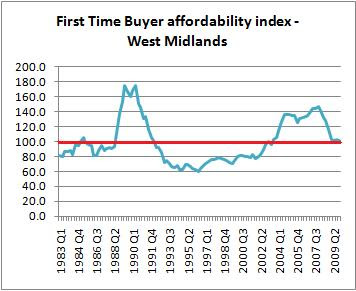May I draw your attention to an interview with Dr Marc Faber on CNBC on 21st April (see videos on sidebar)?
Dr Faber is a highly respected commentator and his predictions of economic disaster, though cheerily delivered, are perfectly serious (he has a European way of giving bad news with an ironic smile).
He believes - and has done for a long time - that governments will try to inflate their way out of the long-developing overspending mess, and that eventually all "fiat" money (currencies not backed by anything that restricts the growth of the money supply) will become worthless. Then there will be a crash of epochal proportions, and the social consequences will be very painful (which is why his website is called
GloomBoomDoom.com).
As he says in this interview, his view is that gold and silver are not to be considered as commodities like oil and corn, but as a form of money that governments cannot multiply as they do with their sovereign currencies. He advises (
please remember that I cannot advise you here on this blog) investors to build up their holdings of
physical gold and silver - "physical" because there is much speculation in this market and many times more in contracts than can be actually delivered. After that, maybe some investment in precious metal exploration companies.
Given Dr Faber's view of the real practical consequences of economic collapse, I think it is not irrelevant that he lives in Chiang Mai, northern Thailand, an area that can provide the needs of life locally and that is close to several international borders.
We may still have time - Dr Faber thinks that with continued monetary inflation, we could still see markets go up for quite a period; but from all that he says, and all that I have thought (and said) for years now, we appear to be facing a prolonged period of high volatility and the danger of sudden and savage reverses in valuations. Until inflation takes off, it can be good to hold cash; but if Dr Faber is correct, ultimately cash will be the worst possible investment.
I would also say that before considering your investment portfolio, there may be other issues to resolve - where you should live, what work you should do, what skills you should acquire, security precautions you should take, emergency provisions you should stock up with. Even if disaster does not strike with full force, big rises in fuel costs would transform the conditions of our daily life.
It is curious that we are now expected to be exercised by climate change issues, yet the media have yet to come to grips with our
economic climate. It is still not generally known that the good old days (as remembered) of the Conservative boom in the 1980s (and mid-90s) was because of excessive bank lending, which caused both housing and the stockmarket to become heavily overvalued. This process of inflating the economy until it pops (as it must, one day, but who knows exactly when), has being going on for decades.
I've
tried to get the message across to the public; perhaps I should spend my time quietly advising my clients, instead. Anyhow, I've told you, now.
DISCLAIMER: Nothing here should be taken as personal advice, financial or otherwise. No liability is accepted for third-party content, whether incorporated in or linked to this blog.






